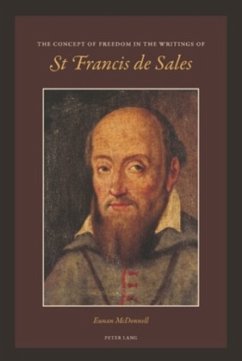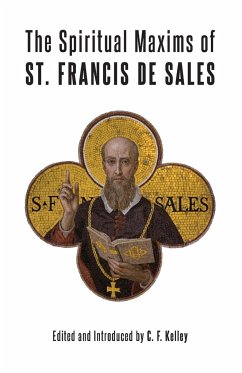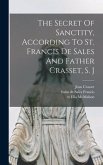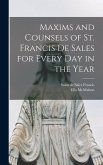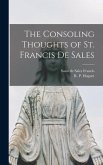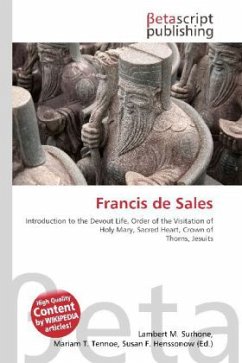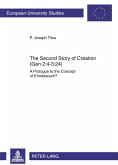Through the examination of the concept of freedom in the writings of St Francis de Sales the author concludes that, in contradistinction to a contemporary understanding of freedom perceived as self-determination, a Salesian understanding privileges freedom's relationship to 'the good'. This situates St Francis de Sales in the classical Thomistic tradition of freedom's necessary relationship to the good, but involves a methodological shift as he employs the Renaissance starting point of 'the turn to the subject'. This study demonstrates how St Francis arrives inductively at what St Thomas demonstrated deductively, namely, the essential relationship of freedom to the good. Along with this Thomistic influence, the author analyses the Salesian indebtedness to Augustinian anthropology which explains the primacy St Francis gives to the will, and consequently, to love. Love, understood as the heart's movement towards the good, allows the Salesian approach to move beyond the confines of a traditional faculty psychology to embrace a more biblical understanding of the human person. This examination of love's relationship to freedom reveals their teleological and archaeological natures, coming back to our origins wherein we discover the source of our freedom bestowed on us as a gift from God.
«'The Concept of Freedom in the Writings of St Francis de Sales' is a significant contribution to scholarship about its subject. It also recommends him for serious consideration as a theologian who too often has been consulted only as a 'pastoral' or 'spiritual' resource. In addition, (...) contemporary debates about the nature of freedom itself might be enriched by returning to this early modern figure, much aided by Eunan McDonnell's clear, detailed and carefully considered analysis.» (Wendy M. Wright, Óenach)

